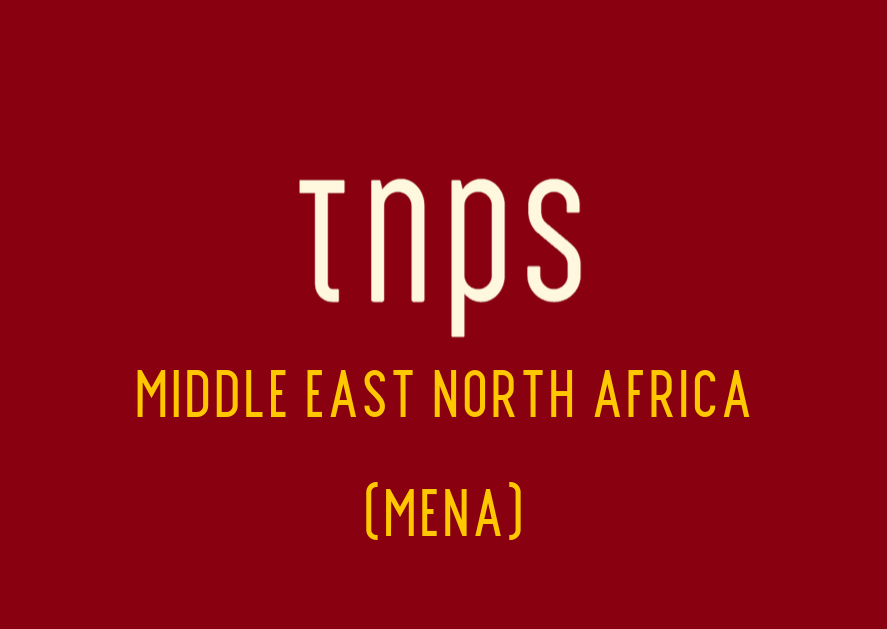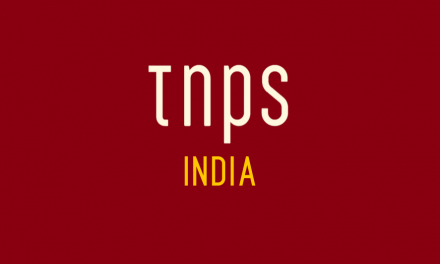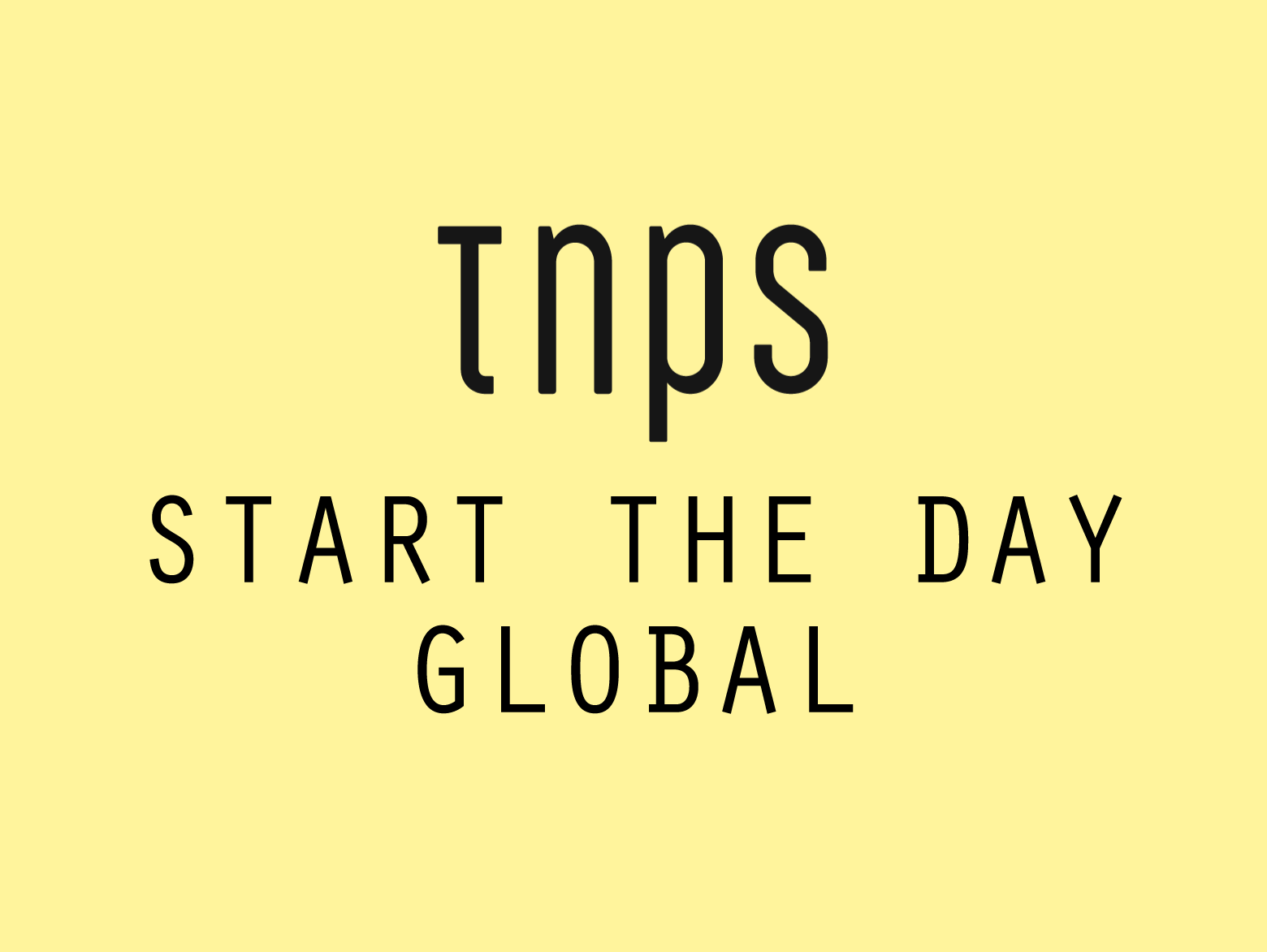At a time when book events around the world are reaching new heights, as social media drives awareness of fairs, festivals and sales and drives interest in reading, the 18th Bahrain International Book Fair appears to be bucking the trend, thanks to organizational decisions rather than any fall in public interest in books.

Visitor numbers for the 2018 Bahrain IBF, which kicked off March 28 and runs through to April 7, aren’t clear yet, but various resorts suggest the change of venue to the historic Arad Fort and an ill-considered calendar are cramping the event’s style.
Organized by the Bahrain Authority for Culture and Antiquities (BACA), the fair is usually held in the capital, Manama, but this year moved to a venue next to the fifteenth century Arad Fort in Muharraq, the 2018 Capital of Islamic Culture, which the Bahrain IBF website elegantly describes as
a proud city with an ancient history that bore witness to many intellectuals, writers, philosophers and researchers (and) one of its oldest archaeological sites… in close proximity to its sea, palm trees and open skies. It is a wager that affirms that the spirit of a city comes down to its wafting aromas, differing textures, and various features you can physically reach out and experience. When one examines the features of this city, he or she will see within its spirit the Khalifiya Library.
Which all sounds delightful, but over at Arabic Literature in English, Mariam f. Al-Doseri paints a less enchanting picture.
When patience is poorly rewarded, you will certainly hear Bahrainis express their frustration by likening the situation to “breaking one’s fast with an onion.” And after a little over a year’s worth of waiting, Bahrain’s 18thInternational Book Fair is that onion.
It’s not just the change of venue that irritates Al-Doseri, although that is a concern:
The choice … compromises the overall exhibition space and accessibility to the venue. You know thing are a bit crammed when AlSaqi does not have its usual extended booth.
Her bigger concern is the timing.
The unfortunate timing of the fair undoubtedly has affected the quality and quantity of exhibitors and side events, including book releases, meet-and-greets, and signing events. The fair was untimely, launched four days after Riyadh’s and a day ahead of Baghdad’s, whose fairs respectively attracted readerships who had previously often been willing to cross the causeway or fly over to Bahrain for an event with fewer publishing restrictions, and an exciting line-up of visiting authors.
It makes matters worse that Saudi Arabia is the guest of honour at the event (for reasons not yet clear the original guest of honour Algeria was “abruptly” changed).
With the Saudi flagship book event in Riyadh barely wound up, Al-Doseri says
Saudi exhibitors had their hands full with the Riyadh fair, and relocating so soon after its end seems like a logistical nightmare.
The Bahrain event also coincides with the Alexandria Book Fair in Egypt, which may be dwarfed by the gigantic Cairo fair earlier this year but is likely to have been given priority over Bahrain by some publishers.
While Alexandria’s expected 60,000 visitors pales besides Cairo’s millions, Bahrain is expected to pull in only 5,000 visitors during its eleven day stint, make it less of an attraction when venue times clash.
But Al-Doseri’s disappointment with Bahrain doesn’t stop there. Harking back to her onion simile, Al-Doseri opines,
When it comes to literature, the onion is not even fresh; the absence of Saudi writers — think Mohamed Alwan, winner of last year’s International Prize for Arabic Fiction; or Badryah el-Bishr, whose books are available despite controversy; or Abdulla al-Sufyani, whose latest poetry collection is fresh off the press — is perplexing.
For balance, Al-Doseri did have some positive thoughts on the fair too.
Onion or no onion, household names like AlMutawasit, AlSaqi and AlJamal are stocked up with newly released books of fiction and non-fiction, and readers should not miss The United Arab Emirates’ Kalimat Publishing Group, which never disappoints with titles for starters and young adults, and Nahed al-Shawa’s award-winning Noon has a beautiful range of little books with big messages.
Despite the fifteenth century setting, the Bahrain fair is a twenty-first century event, with the gold sponsor, telco Viva Bahrain, providing free high-speed broadband to the fair.
Shaikh Zeyad bin Faisal Al Khalifa, VIVA’s Chief of Government affairs said,
For a community’s successful feature, learning and education plays a vital role and hence, as part of our commitment to Bahrain’s social development, it’s important for us to continue supporting such important educational programmes in the country.
Telcos will in the next decade have a central role to play in the expansion of reading culture in countries like Bahrain, where the analogue book infrastructure cannot efficiently meet demand and where digital books, delivered on tablets on a per child basis or delivered to a class projected onto a screen, will change the way in which, and the rate at which, books are consumed in schools and among the general public.





